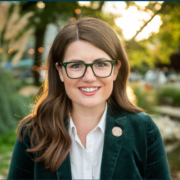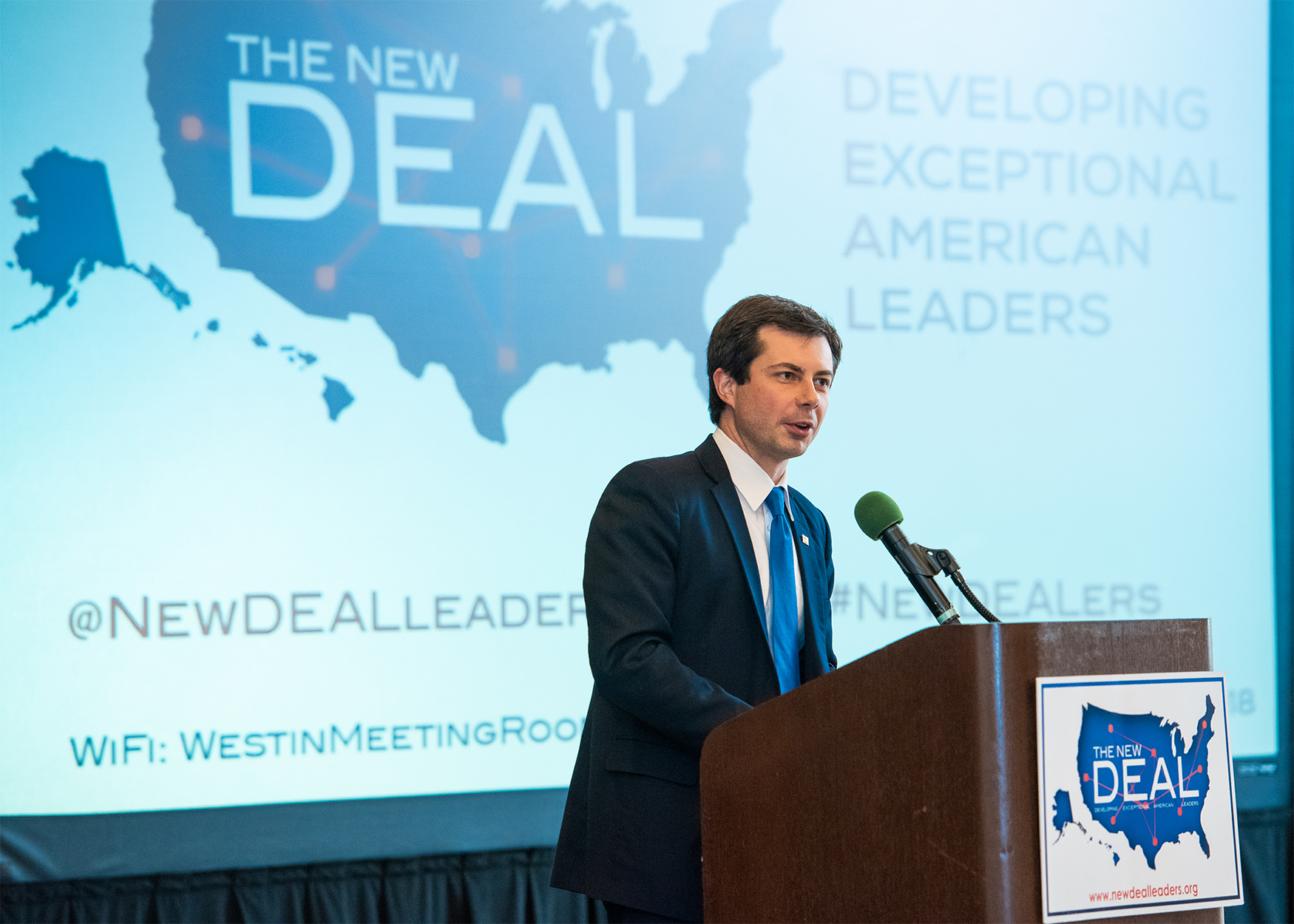2023 Ideas Challenge Entry
Colorado State Senator Chris Hansen introduced Senate Bill 23-016 which will help the state achieve emission reduction goals through a comprehensive approach addressing many sectors of the climate crisis. The bill activates every part of the economy to mitigate the climate crisis, incentivizing action from individuals, businesses, and state regulators.
The bill advances bold greenhouse gas (GHG) emission reduction goals and provides incentives to reach them, such as a 33% tax incentive for individuals to transition to electric lawn equipment and a new authority of the energy and carbon management commission to promote carbon capture and storage (CCS) in Colorado.
The bill also establishes a requirement of the Air Quality Control Commission to establish a first-of-its-kind fee/ton on GHGs, a requirement of the Public Utility Commission (PUC) to consider and prioritize transmission line upgrades, and a requirement of the Public Employees Retirement Association to describe its climate-related investment risks, impacts, and strategies.
In addition, the legislation promotes renewable energy, including the recovery of wastewater thermal energy by allowing it to be included in utilities clean heat plans, a clause to prevent Home Owner Associations (HOAs) from disallowing heat pump systems, and a new fee for utilities if they are slow to interconnect distributed generation sources (e.g., rooftop solar systems).
Impact:
The bill will be successful if Colorado is on track to meet its emission reduction targets measured against its next interim target (26% reduction from 2005 levels by 2025). Also, if the state reaches its EPA ozone attainment levels, if there is additional transmission capacity added to existing lines to create a more resilient grid, and if we see geothermal, heat pump, and CCS projects built throughout the state.













